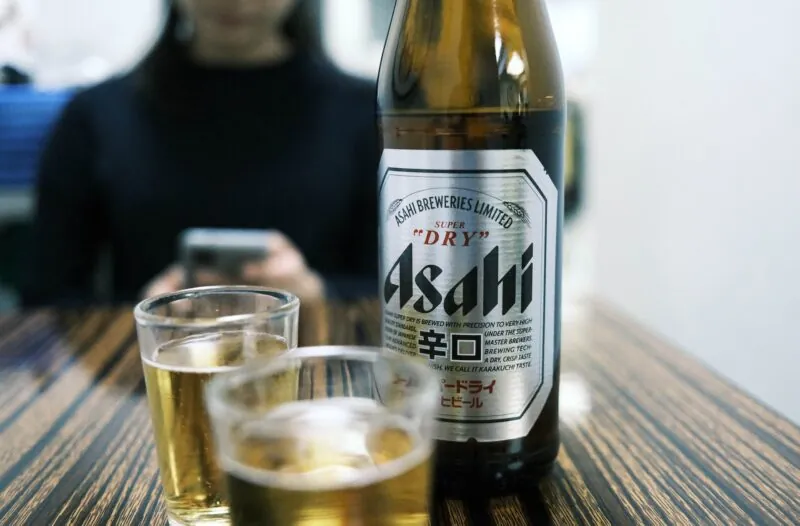The Nasdaq-listed Chinese flash-sales platform Vip.com (or Vipshop) has reported “a significant increase” in searches for keywords like “gift,” “present,” and “gift box” in the lead-up to Qixi with orders of Qixi-themed gift boxes surging by 150% compared to its usual trading season.
With the traditional Chinese Valentine’s Day just around the corner, falling on 22 August this year, Vip.com has teamed up with 500 brands to launch tens of thousands of Qixi festival gift boxes, providing consumers with personalised and cost-effective gift choices.
So far, categories including jewellery, beauty and cosmetics, and skincare and perfume are particularly sought after, with sales of each category recording an increase of more than 120% during the initial promotional period.
Among them, P&G-owned Japanese beauty brand SK-II is reported to have seen sales grow by 10-fold as of a week before Qixi, while the Chinese electrical appliance maker Flyco and the Tokyo-based beauty and health equipment manufacturer Ya-Man pulled off a 6-fold and 5-fold increase in sales on the platform respectively.
The concept of “gift box” continues to gain steam in China thanks to “the sense of ceremony” and festivity it enables. Many brands have seized the opportunity to release “Qixi Limited Edition” gift box sets, collaborating with well-known intellectual properties (IPs) to launch exclusive designs and limited editions. This has turned “gift box” into an effective marketing strategy to cater to diverse consumer needs, enhancing both product sales and brand recognition.
While e-commerce platforms such as Alibaba’s Taobao and Tmall are usually brand battlefields for gift box promotions, industry insiders observe that the sensation gained by Vip.com this year is because of the overall tendency of endorsing cheaper and discounted options. Chinese consumers are exercising caution during consumption, which makes the discount retailer Vip.com a favoured alternative for festive shopping.
Such a sentiment is expected to accompany the celebratory season as Chinese consumers continue to seek balance between cost-effectiveness and their pursuit of achieving personal happiness and a higher quality of life.









